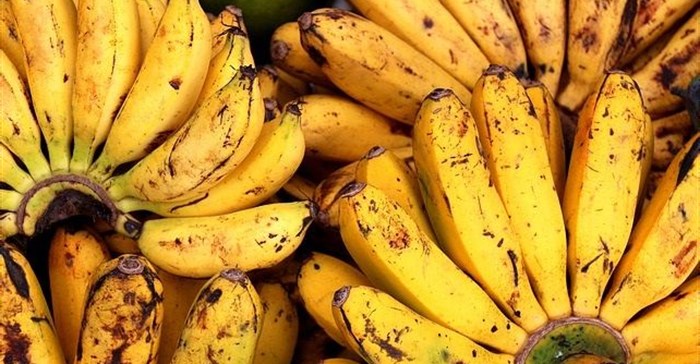
Related



Cape Town’s water use remains too high despite Day Zero lessons
Kevin Winter 4 Feb 2026


Investment in cold chain management key to boosting SA’s fruit exports
Fhumulani Ratshitanga 31 Oct 2025

Top stories






More news




The banana plantations depend on water from the Umbeluzi river, which in turn depends on the level of water stored behind the Pequenos Libombos dam. Since December 2016, the authorities have banned the use of Pequenos Libombos water for irrigation: the top priority is the Umbeluzi water treatment and pumping station, which provides drinking water for Maputo and the neighbouring city of Matola.
The Bananalandia director of production, Manuel Maluana, says that since the restrictions came into effect production has fallen by over 50%, and the quality of the bananas produced has also suffered. The company has been forced to stop all production of the XL type of banana. The average weight of a bunch of bananas, Maluana added, has fallen from 60 to 50 kilos.
The company is exporting 1,200 tonnes of bananas a month to South Africa, Botswana and Swaziland, but before the water crisis, Bananalandia exported twice as much. “The company's seven production units also used to distribute 50 tonnes of bananas a day to the domestic market, but that has now fallen to 25 tonnes a day,” Maluana said.
All the company's expansion projects are on hold. It had planned to export bananas to the Middle East, and also set up new plantations in Moamba and Namaacha districts - but without water for irrigation, none of this can be done.
He admitted that Bananalandia has not been investigated alternative sources, such as drilling boreholes to tap into groundwater. Instead, it is hoping that the abnormally dry conditions will end and that the current rainy season will be the company's saviour.
Although current levels of production are far from ideal, they are enough to keep the company operating and to pay its running costs - including its workers' wages, and basic inputs such as fertiliser.
“We have to wait for more rainfall to improve production,” said Maluana. “Irrigation depends on the Umbeluzi river, which is fed from the Pequenos Libombos dam. Filling the dam reservoir depends on rainfall further upstream”.
Currently, according to the Boane district government, the reservoir is only 20.14% full.

AllAfrica is a voice of, by and about Africa - aggregating, producing and distributing 2000 news and information items daily from over 130 African news organisations and our own reporters to an African and global public. We operate from Cape Town, Dakar, Lagos, Monrovia, Nairobi and Washington DC.
Go to: http://allafrica.com/